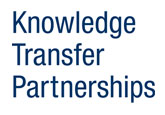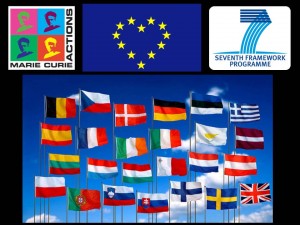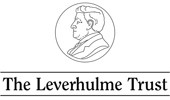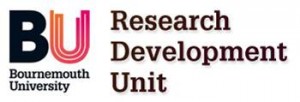 Following the Comprehensive Spending Review of 2010, the Technology Strategy Board was hit hard, as were many government departments and their initiatives. The December 2011 KTP Conference, however, shows that the climate for KTPs is improving and that BU is in a position to benefit from this optimism.
Following the Comprehensive Spending Review of 2010, the Technology Strategy Board was hit hard, as were many government departments and their initiatives. The December 2011 KTP Conference, however, shows that the climate for KTPs is improving and that BU is in a position to benefit from this optimism.
Highlights from the conference were:
- Iain Gray (TSB Chief Executive) emphasised KTPs are central to the schemes offered by the Department of Business, Innovation and Skills (BIS) delivered via the Technology Strategy Board.
- Although KTPs should still demonstrate the previously advised elements of Innovation, Impact and Challenge, there is a shift towards Quality in proposals. The outcome for BU is that KTPs looking at market development and business strategies may be acceptable to the TSB, if a high level of quality can be clearly demonstrated in the proposal.
- A good relationship with local our KTP adviser is vital in ensuring successful KTP outcomes. The adviser should be contacted early on in the development of the proposal to ensure that each project meets with current TSB (and other funders’) criteria.
- The TSB is developing relationships with other potential KTP funders including public bodies such as research councils. Other funding schemes are available within the TSB and should be considered if the KTP model is not appropriate.
- Academic staff are encouraged to make contact with the Knowledge Transfer Network for their area of expertise via the _connect website.
- The TSB is consulting with HEIs in the light of the Wilson Review . This is supported by other TSB reports such as Concept to Commercialisation.
- There is a general need across the KTP sector to attract, recruit and retain high quality UK / EU graduates
For more information on KTPs, please go to the KTP website or at BU contact David Kilburn (dkilburn@bournemouth.ac.uk)









 he National Co-ordinating Centre for Public Engagement (NCCPE) held their second national conference on 29 and 30 November 2011 in Bristol and three members of staff from Bournemouth University School of Health and Social Care were lucky enough to attend this highly stimulating, engaging and informative conference.
he National Co-ordinating Centre for Public Engagement (NCCPE) held their second national conference on 29 and 30 November 2011 in Bristol and three members of staff from Bournemouth University School of Health and Social Care were lucky enough to attend this highly stimulating, engaging and informative conference.

 The day is designed for early career researchers with no, or very little, experience in preparing research applications. It covers the fundamental structure and arguments inherent within any research proposal and initially develops the principle ways to achieve this – whilst at the same time encouraging the necessary overarching approach.
The day is designed for early career researchers with no, or very little, experience in preparing research applications. It covers the fundamental structure and arguments inherent within any research proposal and initially develops the principle ways to achieve this – whilst at the same time encouraging the necessary overarching approach.











 Postgraduate Research Experience Survey (PRES) 2024 – Closing today
Postgraduate Research Experience Survey (PRES) 2024 – Closing today THE INNOVATION COMMON ROOM: Going Old School
THE INNOVATION COMMON ROOM: Going Old School Cybersecurity Learning through Game-Based Mechanisms
Cybersecurity Learning through Game-Based Mechanisms Nepal Study Days 2024
Nepal Study Days 2024 We can help promote your public engagement event or activity
We can help promote your public engagement event or activity Funded Public Engagement Opportunity – ESRC Festival of Social Science 2024 -Deadline for Applications Thursday 16 May
Funded Public Engagement Opportunity – ESRC Festival of Social Science 2024 -Deadline for Applications Thursday 16 May MSCA Postdoctoral Fellowships 2024
MSCA Postdoctoral Fellowships 2024 Horizon Europe News – December 2023
Horizon Europe News – December 2023